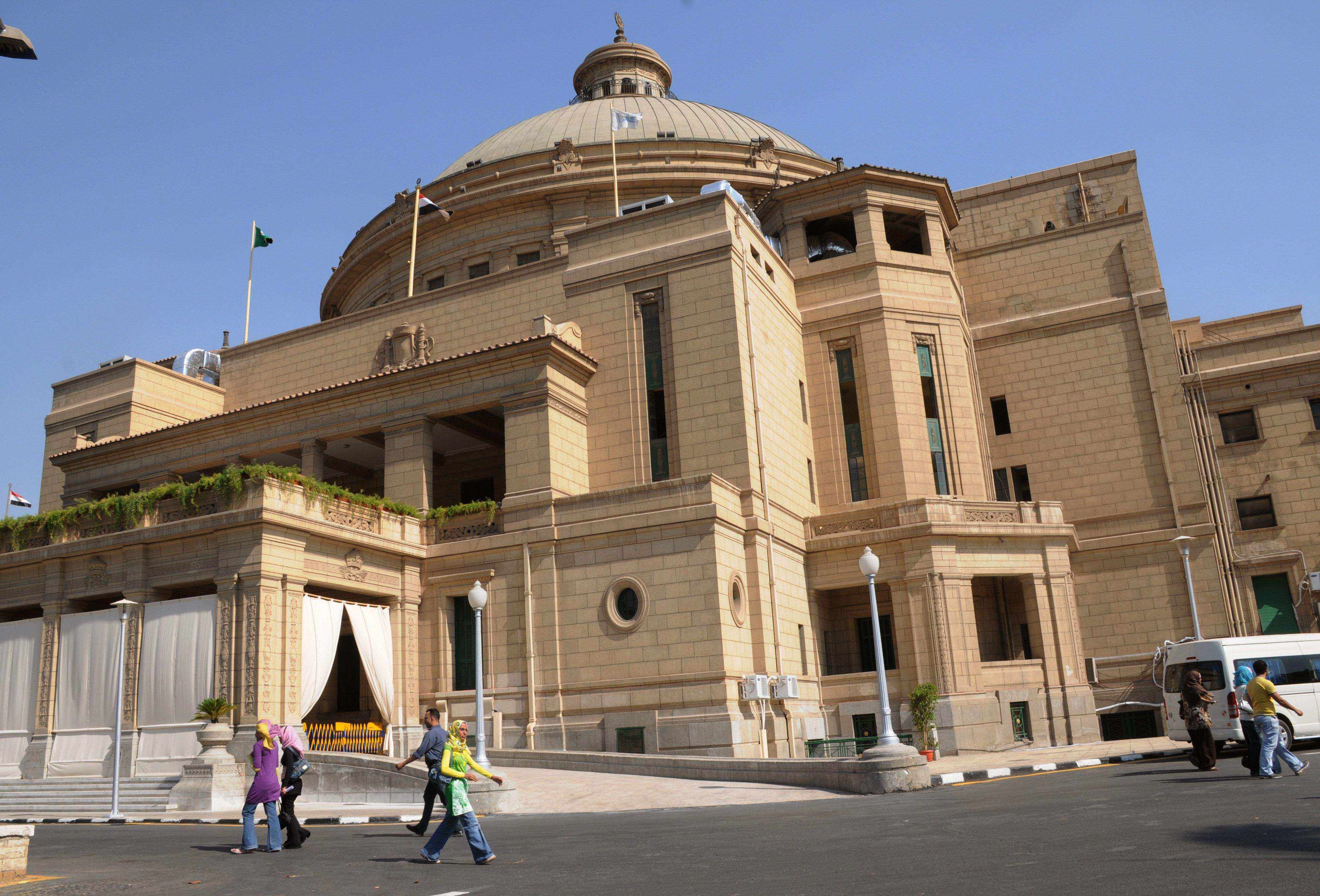CAIRO: Administrative employees and other non-teaching staff announced that they will hold a protest on Monday against the Ministry of Education’s decision not to grant them the increased basic wage awarded to teaching staff.
Fawzy Abdel Fattah, an administrative employee and head of the Committee for the Defense of the Rights of Administrative Staff and Workers within the Ministry of Education, said during the press conference organized at the Hisham Mubarak Law Center yesterday, that the ministry’s decision was inequitable.
“It isn’t just teachers who prop up the education system: there are huge numbers of administrative staff who play a vital role, Abdel Fattah said.
The Committee was formed in July 2007 when repeated promises of pay rises by the Ministry of Education were never implemented.
“We were told that our wages would be increased under the Civil Service Law issued in 2007 – they initially promised us a 50 percent increase over the course of three years, Abdel Fattah said.
“This promise was subsequently retracted because the Finance Minister claimed that we receive more than our due in the form of the examinations bonuses which, he said, amounts to more than the 50 percent promised increase.
“However, it is incorrect to call this payment a bonus – administrative employees who are absent from work due to sickness do not receive it. It is therefore more accurate to describe it as a payment given in return for duties performed, Abdel Fattah continued.
Abdel Fattah told Daily News Egypt that even the teachers who qualify for the basic wage have criticized it.
“While they wanted a 300 percent increase in salaries, the government has only offered them a 50 percent increase.
“Teachers – even those who have been in the profession for 20 or more years -will also have to sit examinations before they receive the increase which will test their knowledge of various disciplines including the Arabic language.
He said that the Syndicate, which is supposed to represent the interests of the some 60,000 administrative employees, has failed to do so.
“I spoke to Sayyed Aboul Magd, a Syndicate representative, about our demands and he told me ‘I’m a member of the [ruling National Democratic Party’s] Policies Committee and cannot be involved’, Abdel Fattah said.
“We have completely discounted the Syndicate and in fact consider ourselves as not having a Syndicate.
The protest planned for Monday, which will be held outside the Journalists’ Syndicate in Cairo, is the fourth since the formation of the Committee, and the first to gather administrative employees from governorates throughout Egypt.
Abdel Fattah told the press conference that at last week’s protest in Suez, security bodies parked garbage trucks in front of protestors to prevent them from being seen, and said that he has been interrogated by State Security because of his involvement in the campaign.
“Nobody will give us anything unless we voice our legitimate demands for our rights, Abdel Fattah said.
“After 36 years in this profession I earn LE 600 per month. I pay LE 300 rent and then they expect me to feed my family and raise my children on what’s left.
“Some administrative employees earn only LE 150 per month and take bribes just to survive, he continued.
Ministry of Education administrative staff’s demand for a fixed basic wage echoes similar campaigns by government-employed doctors and university teaching staff.
Lobby group Doctors Without Rights on Sunday again threatened to strike if their demand for an increased basic wage – rather than wage increases in the form of bonuses and allowances – is not met.
University teachers in March launched a one-day strike after Prime Minister Ahmed Nazif offered increases in monthly allowances rather than basic salaries.
Earlier this month the government announced that university teaching staff would be able to put themselves forward for a performance-related pay scheme, which university lecturers criticized as being illogical and divisive.


